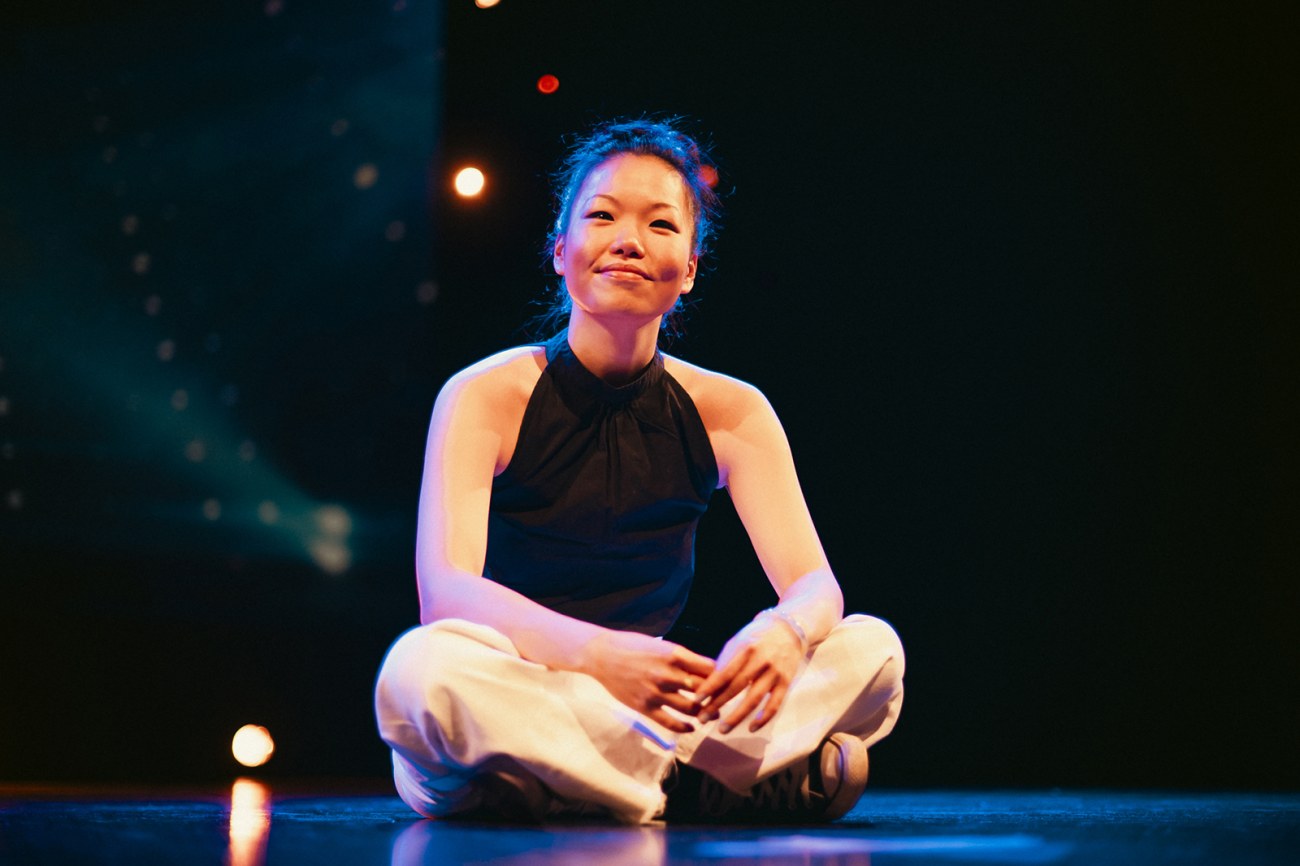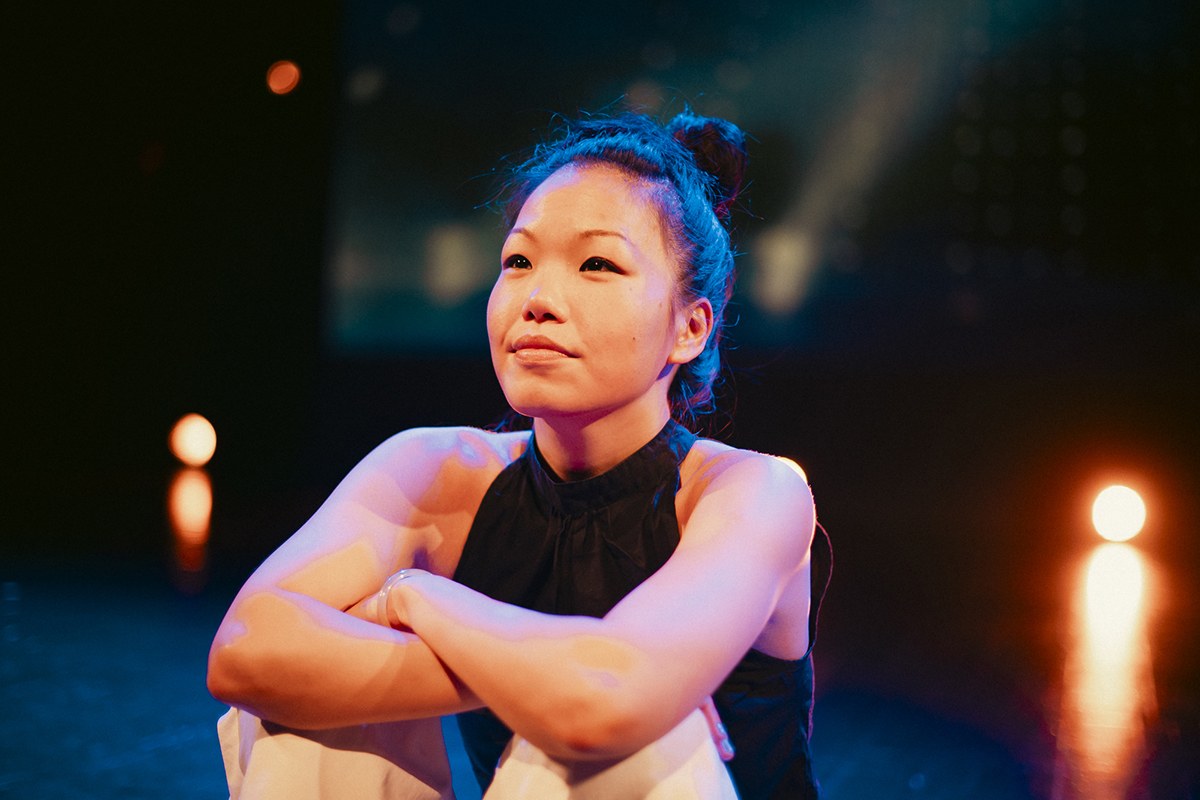Hsiao-Chun Lin trains AI to detect emotions quickly and accurately

“I like to think of myself as a ‘civilised explorer’ in the world of technology and education,” says Dr. Hsiao-Chun Lin, a doctoral researcher at Tampere University. Lin's work in the multidisciplinary CONVERGENCE project focuses on how AI can be integrated into education to improve learning outcomes.
 Photo: Antti Yrjönen
Photo: Antti YrjönenWith a background in multilingual education – she holds both a master’s and a Ph.D. in it – from the University of the Basque Country, Lin's journey into AI was driven by a passion for expanding her pedagogical skills. “The blooming of artificial intelligence and technology made me realise the necessity of integrating these advancements into education,” she explains. This realisation led her to the CONVERGENCE programme, where she merges her expertise in education with cutting-edge technology. "I returned to academia, trying to converge my background in educational science with computer science."
 Photo: Antti Yrjönen
Photo: Antti YrjönenWhen asked to explain her research to laypersons, Lin says, "Our team is trying to make robots more human and humans more AI-enthusiastically awesome."
Lin's research centres on developing machine-learning architectures combined with IoT sensors, which are devices that collect and transmit data from the physical environment, to detect human emotions, for example those linked to stress, anxiety, and depression. “We train AI to detect emotions quickly and precisely, which can help identify negative emotions and understand social behaviours,” she says. The potential applications of her work range from enhancing mental health monitoring to improving communication strategies.
 Photo: Antti Yrjönen
Photo: Antti YrjönenLooking ahead, Lin envisions a future where human-machine interaction is dynamic and adaptable. “The predictions cannot be based on current trends and available technological devices. The acceptance and adaptation of humans are going to play an important role in determining the direction of human-machine interactions,” she notes.
The multidisciplinary environment at CONVERGENCE, with its blend of humanities, social sciences and computer engineering, provides a fertile ground for innovative research approaches. Of course transitioning from educational science to computer science has been also challenging. “I need to learn basic computer knowledge from zero. Or minus 2, as I normally joke about it!” she shares.
Her journey to Finland was also motivated by a deep curiosity about Finnish pedagogy. “As a teacher, I have been very curious about Finnish pedagogy, as Finland has been an educational powerhouse in the world. Coming to Finland to learn more about the Finnish educational system has been on my career-building list. I am grateful and lucky to have the chance to realise it.”
 Photo: Antti Yrjönen
Photo: Antti YrjönenEach CONVERGENCE doctoral researcher has two main supervisors. The main supervisors of Lin´s are Jari Nurmi and Kaarina Nikunen, and the other supervisors are Aleksandr Ometov and Otso Arponen (TAYS).
Lin´s topic is Combining IoT Sensors and Machine Learning to Detect Emotions and Social Experiences.
This series of articles introduces the doctoral researchers of the CONVERGENCE project at Tampere University, an initiative blending natural sciences and engineering with social sciences and humanities. CONVERGENCE aims to bridge the gap between technology and humanity, exploring areas like affective computing, augmented reality, and AI. You can read more on the project website.
Funded by the Jane and Aatos Erkko Foundation.
Text and photos by Antti Yrjönen
Stage and lights by Carlos Portilla Lopez
Venue Teatterimonttu, Tampere University, City Centre Campus












